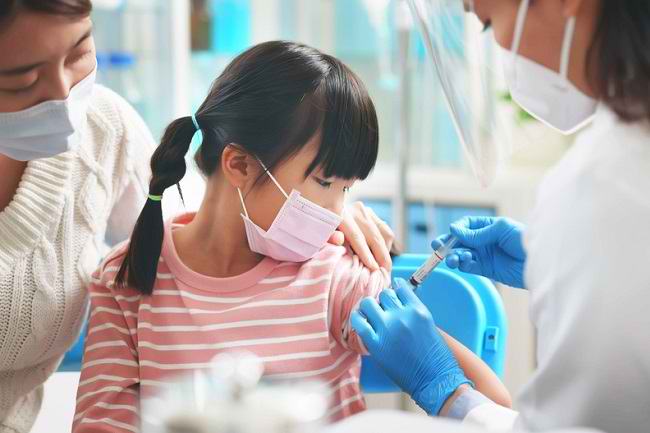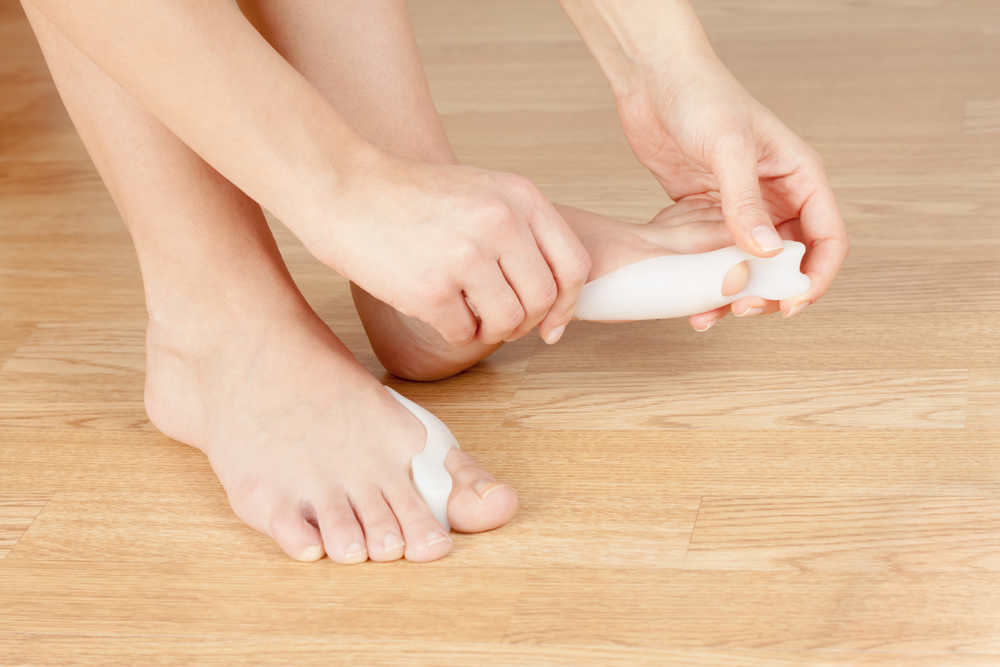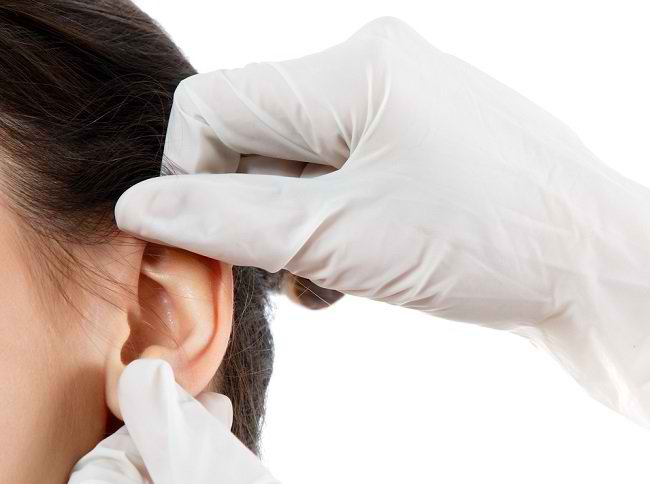Prilocaine is an anesthetic used to prevent pain from certain medical procedures. This drug works by method inhibits the conduction of nerve impulses thereby preventing pain from appearing.
Prilocaine will cause numbness in certain parts of the body. This medication will be used before dental treatment or tooth extraction, blood collection, skin grafting, or laser skin surgery.

Prilocaine is available in the form of an injection and a cream that is applied to the skin. For the form of a cream, prilocaine is often found in combination with lidocaine.
Prilocaine trademark: Dolones, Emla, Estesia, Lidopril, Takipril, Topsy
What is Prilocaine
| group | Anesthesia (anesthesia) |
| Category | Prescription drugs |
| Benefit | Prevents the appearance of pain |
| Consumed by | Adults and children |
| Prilocaine for pregnant and lactating women | Category B: Animal studies have not shown any risk to the fetus, but there are no controlled studies in pregnant women. It is not known whether prilocaine is absorbed into breast milk or not. If you are breastfeeding, do not use this medicine without consulting your doctor first. |
| Drug form | Cream, injection |
Precautions Before Using Prilocaine
Prilocaine will be given by a doctor. Therefore, there are several important things that must be considered before using prilocarine, including:
- Tell your doctor about any allergies you have. Prilocaine should not be used in patients who are allergic to this drug.
- Caution for elderly patients. This is because elderly patients tend to be more sensitive to the side effects of this drug.
- Tell your doctor if you are pregnant, breastfeeding, or planning a pregnancy.
- Tell your doctor if you have or have had liver disease, kidney disease, heart disease, methemoglobinemia, lung disease, G6PD deficiency, or breathing problems.
- Tell your medical doctor if you are taking certain medications, supplements, or herbal products.
- Tell your doctor right away if you have an allergic reaction to the drug or any symptoms of an overdose while taking prilocaine.
Prilocaine Dosage and Usage
Prilocaine will be given by a doctor. The dose of prilocaine depends on the dosage form of the drug, as well as the age, and condition of the patient. In children, the dose is also determined by body weight. Here is the explanation:
Prilocaine cream
- Pain due to certain medical procedures
Adults: 1–2.5 grams. The area of the skin that is smeared depends on the medical procedure to be carried out. Prilocaine needs to stay on the skin for 2 hours before undergoing a medical procedure.
Prilocaine injection
- Local Anesthesia
Adult: 500 mg for local infiltration, 40–80 mg for dental infiltration
The maximum dose for body weight <70 kg is 8 mg/kgBW, while for body weight 70 kg is 600 mg
- Regional anesthesia
Adults: 200–300 mg
- spinal anesthesia
Adults: 40–60 mg
The maximum dose is 80 mg
- Epidural anesthesia
Adults: 100–500 mg, depending on the anesthetized
Children >6 months: 5 mg/kgBW
- Peripheral nerve block
Adult: 40–500 mg, depending on the part of the nerve being anesthetized
The maximum dose for body weight <70 kg is 8 mg/kgBW, while for body weight 70 kg is 600 mg
The dose for the elderly and patients with liver and kidney disorders may be reduced by the doctor.
Interactions of Prilocaine with Other Drugs
Some interactions that can occur if prilocaine is used together with other medicines are:
- Increases risk of developing methemoglobinemia, if used with sulfonamides, dapsone, antimalarial drugs, nitrates, topical benzocaine, acetaminophen, metoclopramide, anticonvulsant drugs, such as phenobarbital and phenytoin
- Affects the level and effectiveness of bupivacaine
- Increases the risk of heart problems, when combined with antiarrhythmic drugs
How to Use Prilocaine Correctly
Prilocaine is only given by a doctor or medical professional before you undergo a medical procedure in a hospital. If your doctor or nurse teaches you how to use prilocaine cream at home, pay attention to the following:
- Wash hands with soap and water before and after applying prilocaine.
- Apply prilocaine only where it's needed, then cover it with some kind of bandage to keep the medication in the area.
- Use prilocaine only for the outer skin, but do not apply to irritated skin, burns or open wounds.
- Always supervise the use of prilocaine in children, so that he does not remove the bandage or touch the medicine.
- Allow the bandage to remain in place for some time before undergoing a medical procedure at the hospital.
Prilocaine Side Effects and Dangers
In some cases, prilocaine cream can cause side effects in the applied area, such as:
- Burning feeling
- Bruises
- Rash and redness
- Itching and swelling
- Changes in skin color
In addition, prilocaine cream can also cause blurred vision, ringing in the ears, and dizziness.
Meanwhile, side effects that may arise from the use of injectable prilocaine include:
- Stomach ache
- Headache
- Difficult to swallow
- Respiratory disorders
- Heart rhythm disturbances
- Balance disorders
- Numbness in the mouth area
- Ears ringing
- Hearing loss
- Blurred vision
- Depression
- Tremor
- Seizures
- Faint
Immediately see a doctor if the above complaints appear, especially if they get worse. You are also advised to consult a doctor if an allergic reaction occurs, such as a rash on the skin, swelling of the eyelids or lips, or difficulty breathing.









